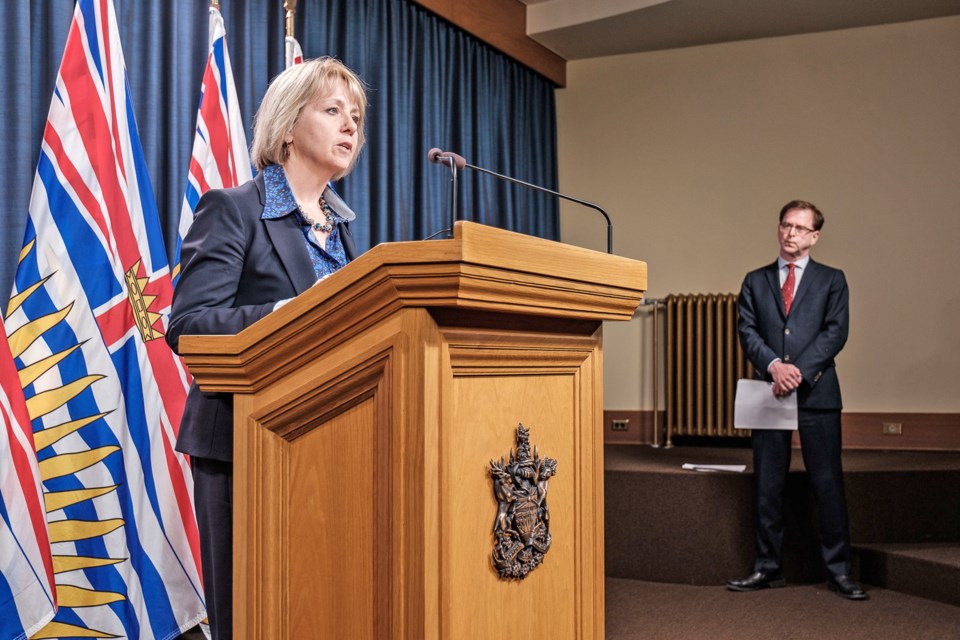The most puzzling aspect of last weekend was not the influx of travellers to coastal communities or the outrage it generated. It was the official reaction to the whole thing.
“I think it’s safe to say we have been united in keeping our firewall strong across this province,” B.C. public health officer Dr. Bonnie Henry said in a Monday summation. “There was a feeling, I know, in some places that was much stronger than the data from BC Ferries supported on the coast during the Easter weekend,” Health Minister Adrian Dix said Tuesday.
It’s true, BC Ferries’ numbers showed a marked decrease from Easter of last year, and officials took great pains to point this out. But it was an odd benchmark in the sense that people are not supposed to be doing any non-essential travel at all this year. A non-essential business that was 100 per cent open last year is 100 per cent closed this year. Allowing for some truly essential travel, ferry volumes were plainly bloated last weekend by cottagers and vacationers, as the “angry locals” noticed.
Of the almost 4,000 passengers who sailed on the Langdale route, a generous estimate is that at least half of them were travelling for non-essential reasons. The incursion of even several hundred people during a pandemic is a big deal for a community with a total population of 30,000.
It was big enough and obvious enough (see Catherine Nocente’s letter) that many residents are calling for an outright ban on non-essential travel – something that Dr. Henry has firmly rejected. Yet even if she reversed her position, how would essential travel be determined?
The most common idea is requiring a driver’s licence to provide proof of residence. But that’s not how Dr. Henry’s definition of essential travel works. On Monday, she said there are “many reasons people may have to travel.” Some of the examples she’s given include checking up on family or friends, university students returning home, and people living and working in more than one place. In none of these cases would a driver’s licence necessarily prove anything.
Clearly, the province’s top public health official has adopted a more nuanced approach than our most dutiful citizens, who are taking literally the parallel directive for everyone to “stay home” unless it is absolutely essential to travel – meaning to work or purchase essentials.
If the buck stops at the premier’s door, at least John Horgan seems to recognize that there had been a problem on the weekend. Speaking about it Wednesday, Mr. Horgan acknowledged the value of “public scorn” in such cases, saying it is “as effective a tool as a fine, or a ticket, or some sort of prosecution from government.” He also went further, warning the minority of people who feel exempt from the rules: “If we need to take stronger action than the scorn of your peers, we’ll do so.”
It might just be talk, but at least it’s not denial.



